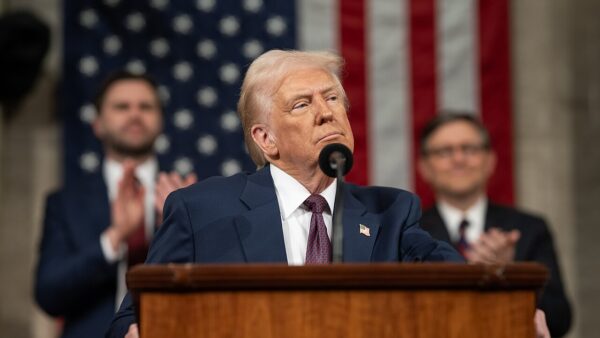Furniture giant IKEA and niche property investor Taurus Investment Holdings are very different firms, but each is forging ahead with plans for India amid signs that the country is at last opening up to foreign investment.
Boston-based Taurus, a real-estate firm backed by wealthy investors from the US, Germany and Israel, plans to invest $200m over three years into developing offices, shops and a hotel on about 20 acres of land in the southwestern state of Kerala.
The so-called Taurus Downtown Technopark would expand an existing business park that is already home to more than 40,000 people employed by approximately 300 technology firms, including big companies like Infosys and Oracle India.
Foreign investor interest in India has grown since Prime Minister Narendra Modi was elected last year. To address a stagnation in capital inflows, in October the government relaxed rules on foreign direct investment (FDI).
In the past, external investors were forbidden to own 100% of projects that were smaller than 50,000 square metres, and they had to put in at least $10m. In addition, their investment was locked in for three years. Under the new rules, the minimum area is reduced to 20,000 sq m and the minimum capital sum is halved to $5m.
But FDI is no apple pie and motherhood issue in India. The country’s vast network of small retailers bitterly oppose anything that makes it easier for big chains to swoop in and steal the tiger’s share of trade.
Another stumbling block is that much power over FDI rules rests with the governments of India’s 29 states. As Turner & Townsend’s Mark Richards observed, this has created a patchwork of pro- and anti-FDI states, which, along with the regular shake-ups caused by state elections, makes foreign investors nervous.
Nevertheless, in recent weeks the Modi cabinet has pushed ahead with its economic agenda by making use of executive orders. For example, in late December the government exempted the building of large industrial sheds, schools and colleges of up to 150,000 square metres in size from prior environmental approval.
The message appears to be spreading. Newspaper The Wall Street Journal reported that FDI into India hit $14.1bn from April to August, a 33.5% increase from the same period a year before.Â
Property in particular saw big boost. Nearly $1.6bn in real estate deals involving foreign investors were completed last year compared with $575m in 2013, the newspaper said, citing Real Capital Analytics.
Swedish furniture retailer IKEA is among those forging ahead with plans in India. In September it signed memoranda of understanding with two states, Karnataka and Telangana, on the infrastructure it needed to open stores there. Its decision, announced in December, to double the amount of goods and materials purchased from India no doubt helped to sweeten its prospects.
Investor Taurus also has a long-term plan. Last year it said it would create a $500m portfolio of commercial and residential property assets, mainly in southern India – a new direction for a firm that currently invests mainly in US and European developments.
But clearly this is no get-rich-quick investment play. Taurus chairman Lorenz Reibling told The Wall Street Journal that his company spent four years setting up its business in India, an effort that included getting to know local government officials.Â
“We have significant concerns about India as a whole, despite Modi trying his best to turn the ocean liner around,” he told the newspaper. “The main risk is the perception of what can be done is different than what will be done. Good opportunities are there, but you have to spend the time.”










